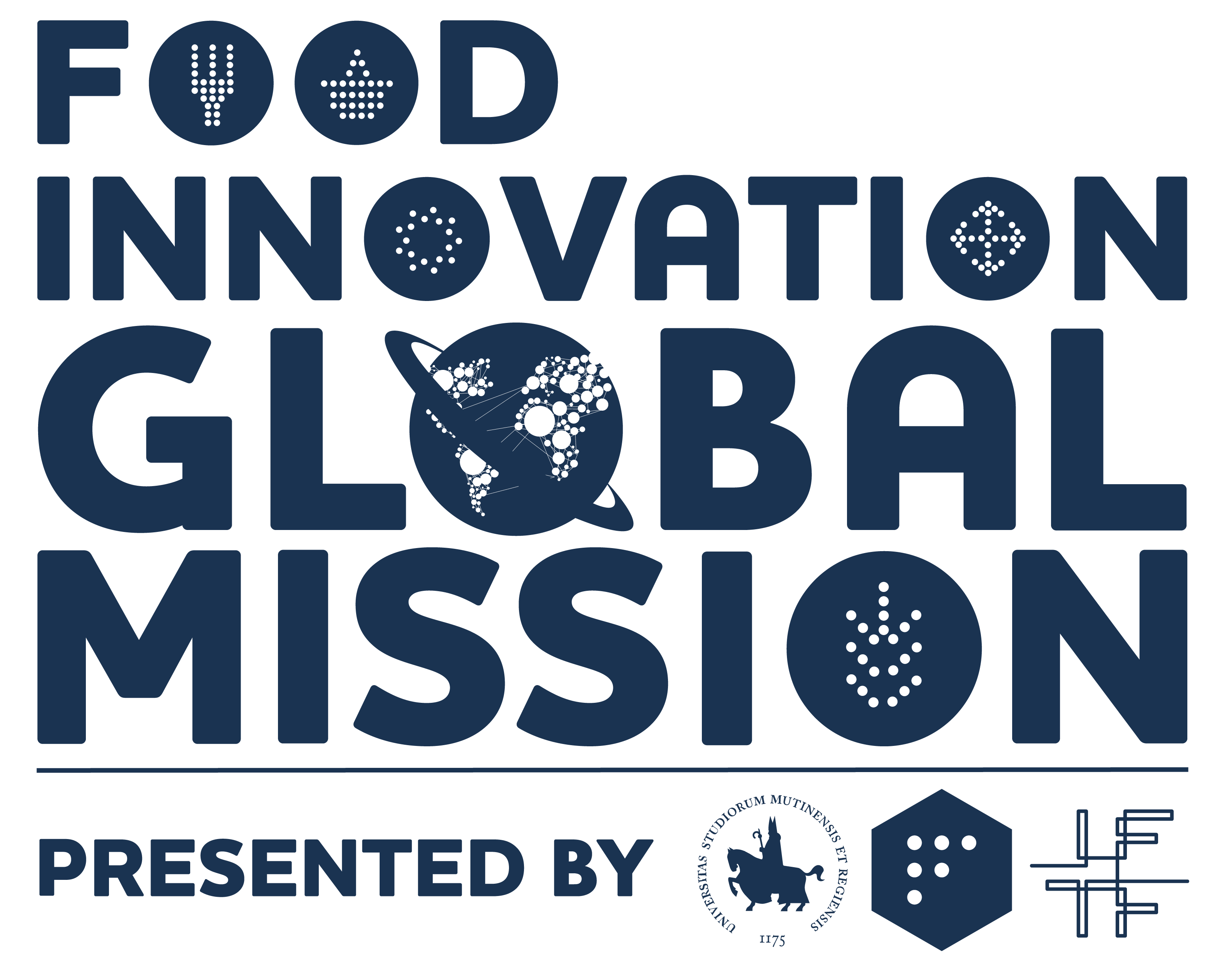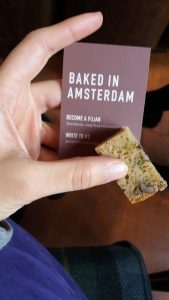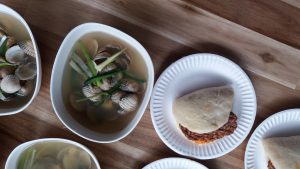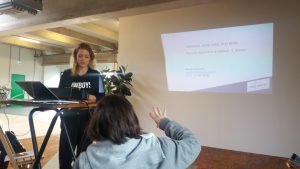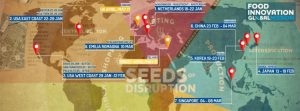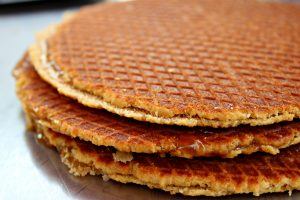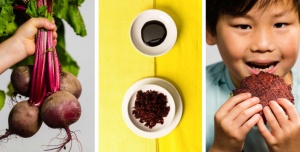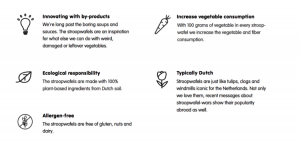Hi Reader,
Today my classmates and I started our journey. The first destination was Amsterdam in Netherlands. A city full of life and plenty of multiculturalism were everything should be discovered cycling and chatting with locals.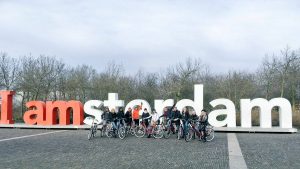
Our first day I went with my classmates to an inspiring place called Kitchen Republic, were the founders Emma Veerhuis and Bart-Jan Veldhuizen, told us more about their motivations and goals for opening this space which basically serves as commercial shared kitchen for entrepreneurs in the food sector looking for test their ideas during the early stage of their product’s development without invest in industrial appliances, storage rooms, etc.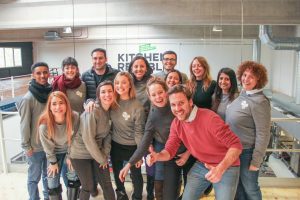
Baked in Amsterdam is one of the enterprises born at this ecosystem. Peter Ong, his founder shared with us many of his high quality products, how his venture story and how it’s evolved during he joined Kitchen Republic. I was amazed by his passion and determination and of course be his delicious patisserie products.
We met also to Chef Justin Brown, who delights us with a very flavorful lunch. He shares with us the advantages of being part of the beneficiaries of Kitchen Republic, because allows him to operate without the investment of a permanent kitchen in a restaurant, fact that gives him a larger freedom compare with other ventures in the restaurant sector. Also he told us this choice give him the opportunity to explore wide of different menus and be loyal to his creativity.
Finally at this session, we met Maartje Nelisen from the food line up enterprise, who shared with us several of her company projects. I honestly was captivated by the one called “Meet your dinner” where people is able to know more about the life of the animal who produced the food commodity they are consuming. This initiative seems to raise awareness into consumers which it might be one driver to switch to healthier and alternative sources of protein.
Thanks to Kitchen Republic and his associated by this incredible experience.
Sincerely,
Yhosemar
